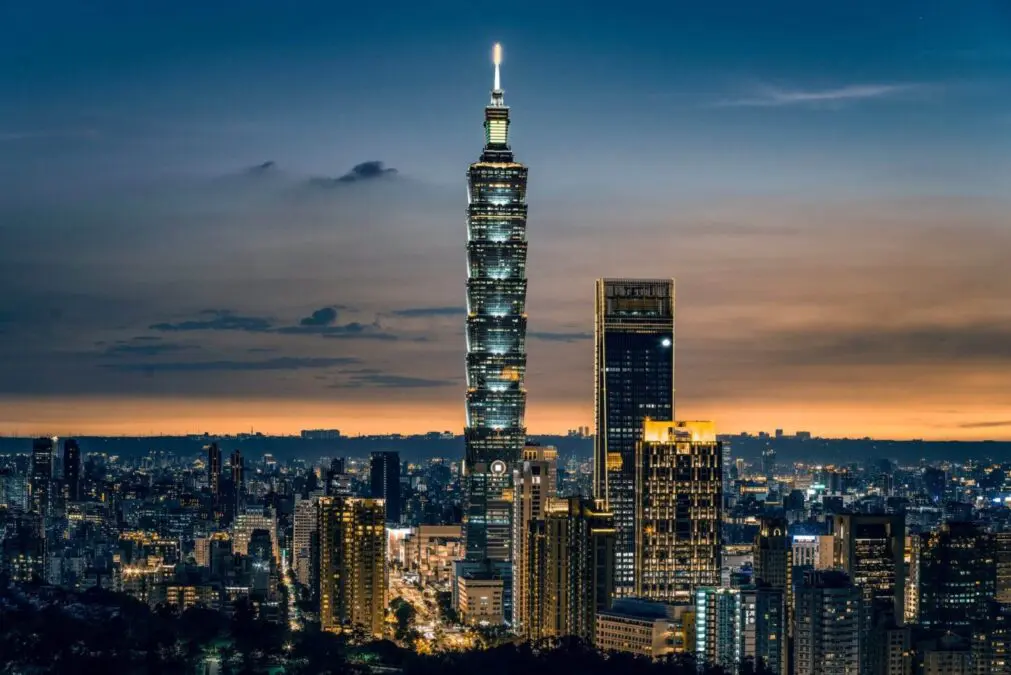Published originally on December 26th 2020 at the TaipeiTimes.
This year has been unusual on many levels. In the midst of a global health crisis ravaging the world, Czech Senate President Milos Vystrcil in September led a delegation of 89 civic and political leaders to Taiwan, the only corner of the world that for more than 250 days (until Tuesday) did not register a single locally transmitted COVID-19 infection.
The visit caused quite a stir in international media and intensified already strained ties between the EU and China. Taiwan, a technologically advanced economy with a robust democracy, is a like-minded partner of the EU, but remains a highly sensitive matter within EU-China relations.
China considers Taiwan a breakaway province, despite never having ruled it. The EU has its own “one China” policy, but has officially committed to promoting “practical solutions regarding Taiwan’s participation in international frameworks.”
Following the Czech delegation, Brussels and Beijing engaged in a harsh exchange, with Chinese Minister of Foreign Affairs Wang Yi (王毅) threatening that the senate president would pay a “heavy price,” while his German counterpart warned China against making such threats against an EU member state.
As tensions in EU-China relations remain high, and international cooperation becomes more challenging, there is good reason to return to the visit, and consider some of its less talked about contributions.
Prague Mayor Zdenek Hrib, who oversaw the signing of the Prague-Taipei sister city framework in January, was also in the delegation. In a global context where cities become key players in addressing complex challenges through innovation and creativity, this aspect deserves more attention.
As the pandemic has illustrated, local governments can increase their capacity to network internationally and bring solutions, while catalyzing new political consciousness. Cities shape identities. They help celebrate connectivity, diversity and openness by warming people-to-people relations and enhancing social networks. This, in turn, facilitates government-to-government ties.
Considering Taiwan’s abnormal international status, city diplomacy provides a particularly valuable platform to circumvent its isolation, by leveraging international cooperation and information sharing on a city-to-city level. Taiwan’s cities must further invest in such diplomacy and seek to build on the momentum the “Taiwan model” has ensured.
The sister-city agreement linking Prague and Taipei includes a wide range of cooperation, including on business, science, technology, tourism, education, healthcare and culture, as well as a smart city cooperation agreement. Through this partnership, the cities can act in their own right, stress collaboration over competition, empower their citizens and contribute to making cities inclusive, safe, resilient and sustainable, in line with the Sustainable Development Goals (SDGs).
Taiwan is already working toward meeting the 17 SDGs. As COVID-19 is taking the world further away from the goals, cities’ contributions have become all the more relevant.
As such, Taipei has sought to advance several goals, including good health and well-being (Goal 3), quality education (Goal 4), decent work and economic growth (Goal 8), innovation and infrastructure (Goal 9), and sustainable cities (Goal 11).
Taiwan has a story to tell, but participating in international organizations will remain difficult. Taiwanese scientists were even excluded from participating in all UNESCO-affiliated events, which has shown that Taiwan is being excluded from international participation. It also indicates that China’s influence within UN organizations continues to increase. Yet, this should not constrain sharing science across cities. Cities are about choices and choices bring opportunities for all.
According to the Taipei City Government Web site, it has established ties with 51 sister cities across 37 countries. Four of these are in Europe: Versailles (1986), Warsaw (1995), Vilnius (1998) and Riga (2001). Since 2012, Helsinki is also a “friendship city” of Taipei.
These partnerships need a fresh approach and adjustment to address current challenges. In addition, it is evident that more similar cooperation should be built across Europe. This will require rapprochement from Europe and Taiwan. Both sides must recognize the value of using city diplomacy to leverage existing strengths and to enable new ones to flourish.
A meeting between Budapest Mayor Gergely Karacsony and Representative to Hungary Liu Shih-chung (劉世忠), a former Tainan deputy secretary-general, is a welcome initiative. The two exchanged ideas on smart cities, innovation and city diplomacy. The next welcome step would be to establish a sister-city agreement. This would benefit both cities, just like the Grenoble, France-Taoyuan sister-city cooperation signed in March 2018 is hoped to do, particularly in technology, innovation and circular economy.
Kaohsiung, with the largest harbor in Taiwan and among the top 50 world container ports, should also consider expanding its network in Europe, with Rotterdam, the Netherlands, or Antwerp, Belgium, adding to its only sister city in Europe, Erzgebirgskreis, Germany (1993).
In a hyper-connected world, cities across Taiwan should further embrace the practical benefits of city diplomacy. At the same time, as the EU rethinks its China policy, European cities must be more involved, and expand their international sister-city network.
Following the Czech delegation visit, Minister of Economic Affairs Wang Mei-hua (王美花) said the visit was proof that “nothing can stop Taiwan and the Czech Republic’s determination to defend freedom, democracy and protect human rights.”
Let city diplomacy take this forward into the year to come.
Source: https://www.taipeitimes.com/News/editorials/archives/2020/12/26/2003749395







